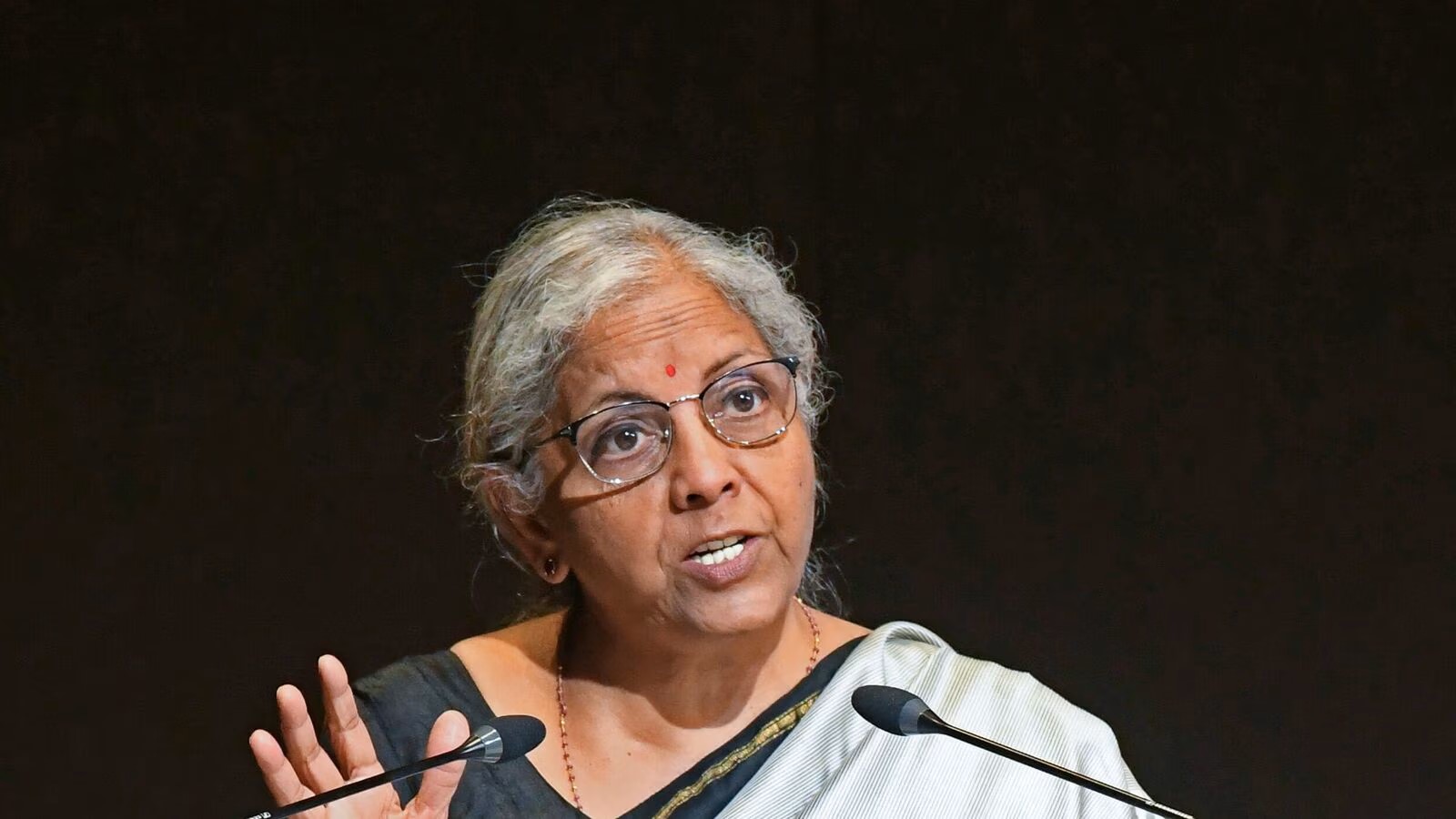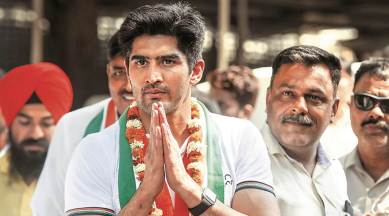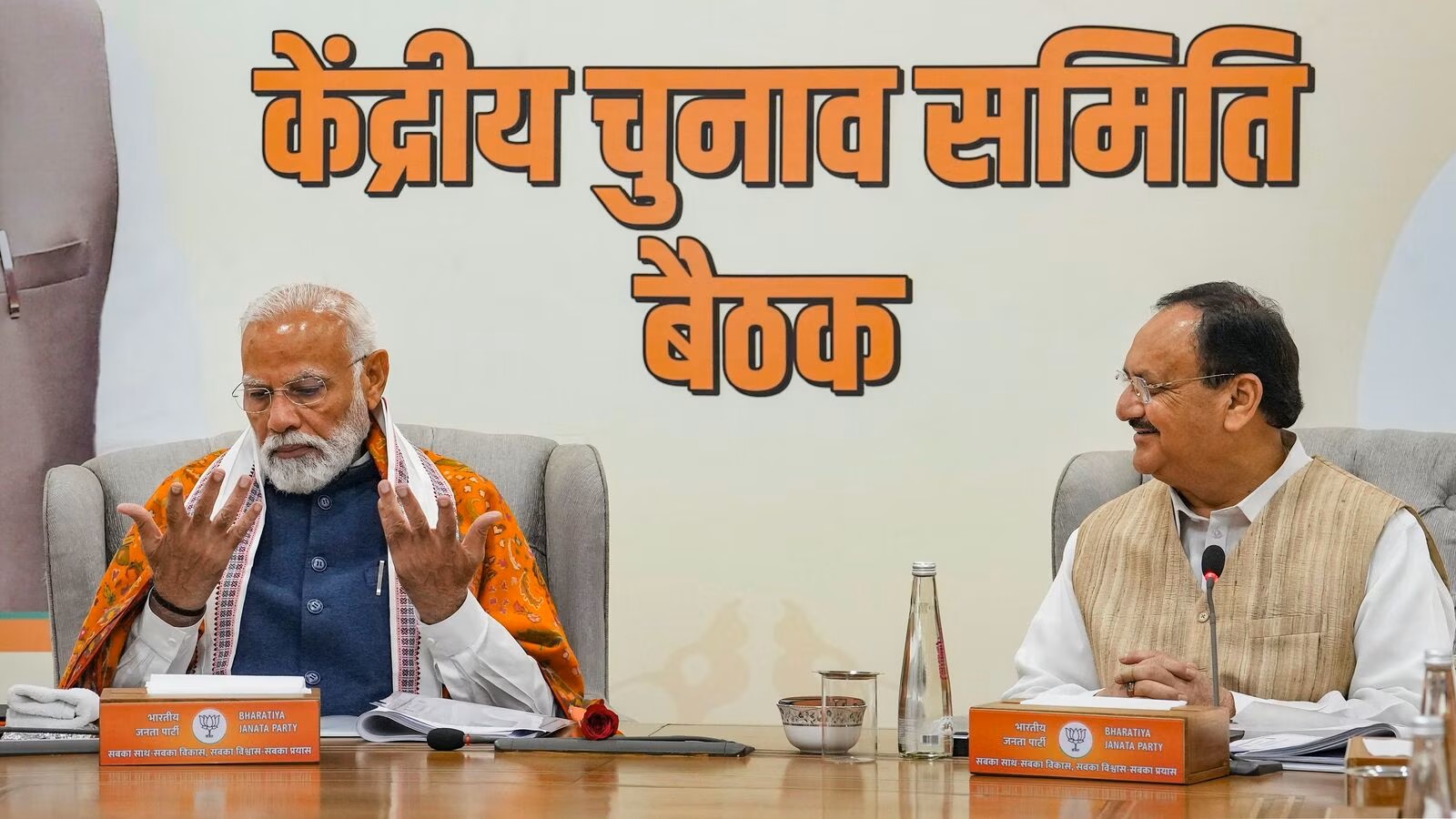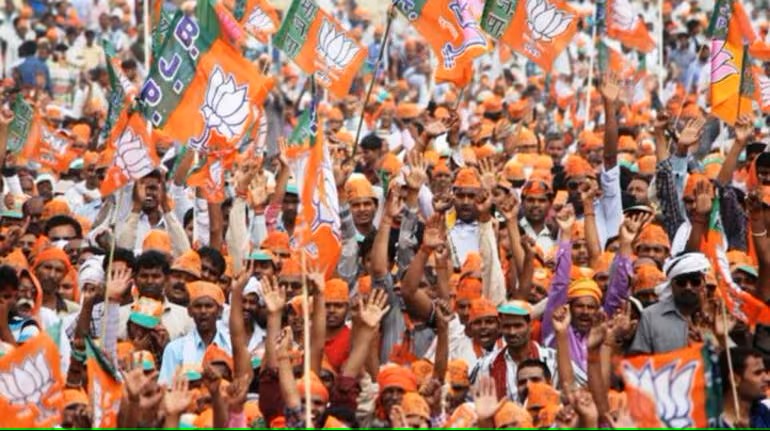Nirmala Sitharaman, a Union Minister, has turned down an offer from BJP President JP Nadda to contest in the Lok Sabha elections, citing financial limitations. This sheds light on the financial demands associated with electoral campaigns in India.
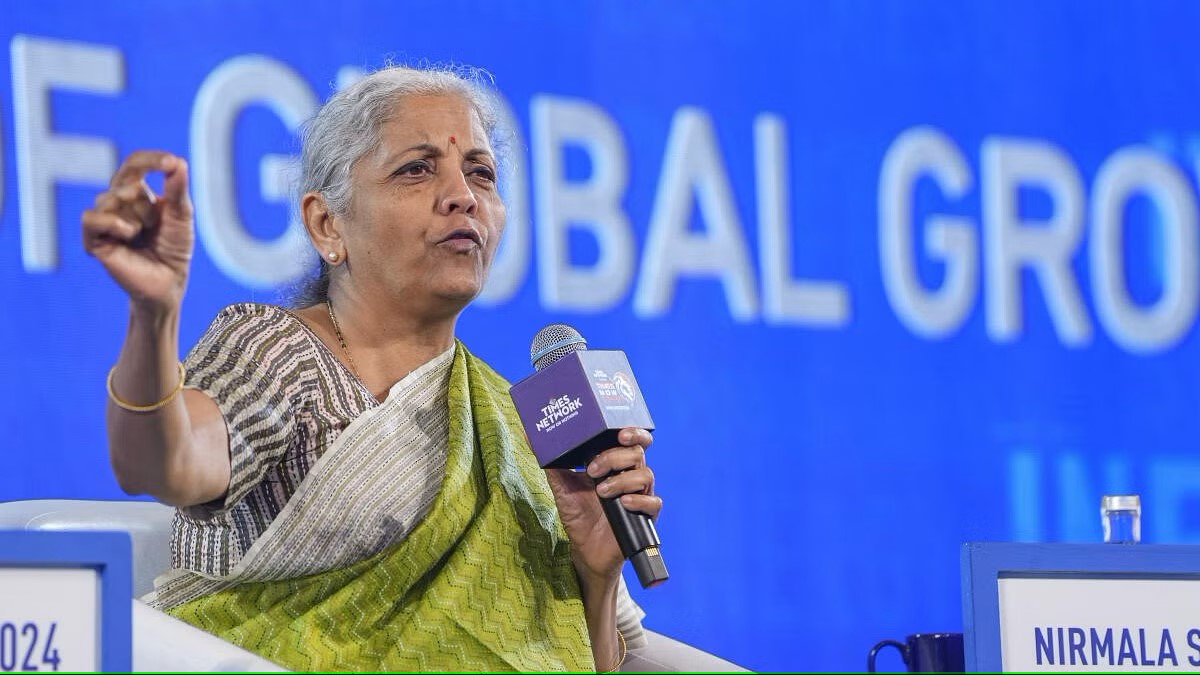 The expenses for running an election vary based on the candidate’s financial resources, with the Election Commission of India setting expenditure caps. Candidates vying for Lok Sabha seats can spend up to ₹95 lakh in larger constituencies and ₹75 lakh in smaller ones. Meanwhile, in assembly constituencies, the limits are ₹40 lakh and ₹20 lakh, respectively.
The expenses for running an election vary based on the candidate’s financial resources, with the Election Commission of India setting expenditure caps. Candidates vying for Lok Sabha seats can spend up to ₹95 lakh in larger constituencies and ₹75 lakh in smaller ones. Meanwhile, in assembly constituencies, the limits are ₹40 lakh and ₹20 lakh, respectively.
However, these spending limits are frequently exceeded, with candidates often investing in voter incentives and other campaign expenses.
Sitharaman, currently a Rajya Sabha member, has never contested in Lok Sabha elections, which require extensive campaigning efforts. Her declared net worth stood at approximately ₹2.5 crore when she contested in the Rajya Sabha polls in 2016.
The wealthiest candidate in the upcoming Lok Sabha elections is Ashok Kumar of AIADMK, with declared assets exceeding ₹583 crore. While wealth may influence electoral outcomes, it does not guarantee success. In the 2019 polls, six of the top 10 richest candidates were from the Congress party, but only five emerged victorious.
Among the wealthiest MPs is Nakul Nath, with assets valued at around ₹660 crore, followed by Jyotiradiya Scindia, presently the Civil Aviation Minister, with a net worth of ₹379 crore. In the Rajya Sabha, 27 members are billionaires, with BRS leader Bandi Saradhi being the wealthiest at ₹5,300 crore. Jaya Bachchan, along with her spouse Amitabh Bachchan, ranks among the top ten richest Rajya Sabha MPs, with assets exceeding ₹1,500 crore.

